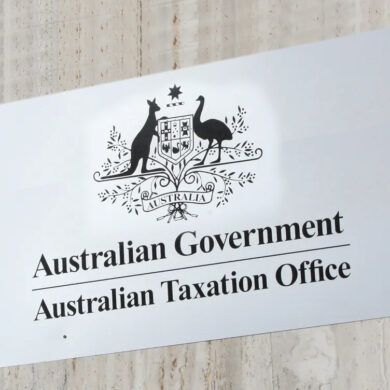The ATO has called out an increase in non-compliance among SMSFs when responding to release authorities, reminding trustees they could face significant penalties for not meeting their obligations.
“We’re seeing a rise in SMSFs that receive a release authority and are either not responding within 10 business days as required or responding incorrectly. This involves both releasing the requested amount and submitting a release authority statement back to the ATO,” the regulator said in an update.
Release authorities allow members to withdraw money from their super account to pay specific liabilities, such as excess concessional and non-concessional contributions, and Division 293 tax assessments.
The ATO suggested SMSF trustees should have effective processes in place to respond to release authorities promptly and accurately. It recommended they check their fund’s mail regularly, set up alerts or reminders and work closely with their administrator or tax agent.
“Supporting your members in meeting their tax obligations is a shared responsibility and timely action helps avoid negative consequences,” it stated.
On a separate matter, the regulator called on trustees to provide accurate market valuations for the assets in their SMSF, a compliance aspect auditors are also required to check. If sufficient evidence supporting valuations is not provided, a Superannuation Industry (Supervision) (SIS) Regulation 8.02B contravention may have occurred.
The ATO illustrated the seriousness of compliance breaches relating to valuations, revealing SIS Regulation 8.02B contraventions accounted for over 12 per cent of all breaches reported in the 2025 income year.
In particular, it is monitoring funds that have maintained the same values on reported SMSF assets in their annual returns for successive years.
“We’re concerned these funds may not be meeting their legal requirement to value and report their assets at ‘market value’ every year,” it said.
“If your asset valuations fail to meet the valuation requirements, the fund and members may have additional tax to pay and you could be liable for administrative penalties.”



